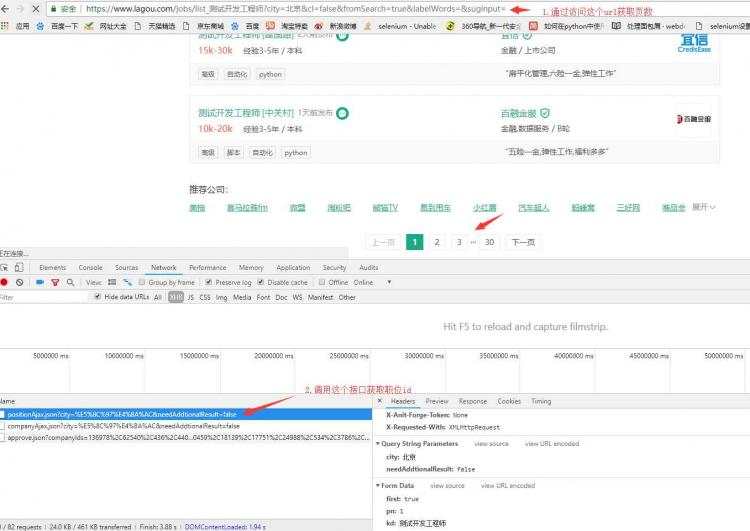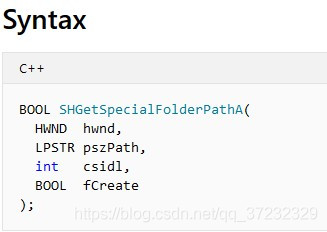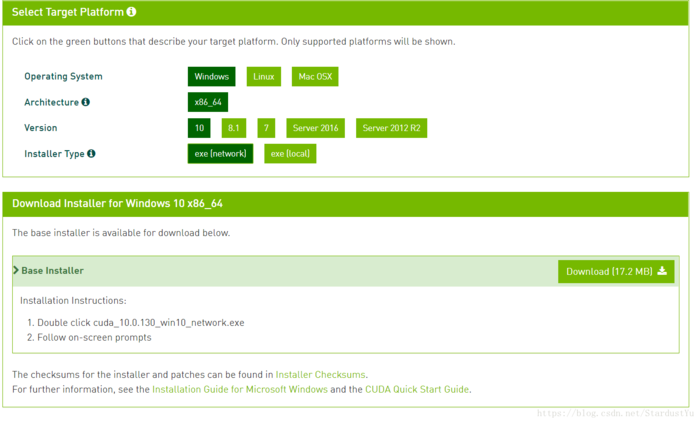什么是Mapping
我们知道,es如果对应数据表,表中的数据是不是有数据类型,那么es的mapping就是来设置这个字段类型的。它的主要作用:
- 定义字段名称
- 定义字段的数据类型,例如字符串、数值等
- 字段 倒排索引的相关配置,比如说可以通过配置字段是否需要被索引
Mapping会把Json文档映射成Lucene所需的扁平格式- 一个
Mapping属于一个索引的Type,在7.0之后版本索引只有一个Type(_doc)
常用来设置 Mapping 的数据类型
- 简单类型
- Text/Keyword
- Date
- Integer/Float/Double/Long
- Boolean
- Ip
这里说明一下Text和Ketword类型的区别
在es5之前是string,后面拆分成了Text和Keyword
按照官方文档的阐述,text类型的数据用来索引长文本,例如电子邮箱主体部分或者一些产品的介绍,这些文本会被分析,在建立索引后被分词器进行分词,转化为词组。经过分词机制后es允许检索到该文本切分而成的词语,但text类型的数据不能用来做过滤、排序、聚合等操作
keyword类型的数据可以满足电子邮箱、主机名、状态码等数据的要求,不进行分词,常常被用来做过滤、排序、聚合等操作
- 复杂类型-对象和嵌套对象
对象类型/嵌套类型
- 特殊类型(针对地理位置信息有特殊处理)
- geo_point
- geo_shape / percolator
Dynamic Mapping
简单来说,如果你不手动创建Mapping,es会自动根据json来推断数据类型,但是不准确,这个的话我一般不会自动映射,所以大家知道一下这个就ok
手动创建 Mapping
PUT phone
{"mappings": {"properties": {"name": {"type": "text"},"cpu": {"type": "text"},"created_at": {"type": "date"},"system_code": {"type": "integer","index": false}}}
}POST phone/_doc
{"name": "苹果","cpu": "4核","created_at": "2019-11-01","system_code": 111
}POST phone/_doc
{"name": "华为","cpu": "4核","created_at": "2020-11-01","system_code": 221
}GET phone/_search
{"query": {"match": {"system_code": {"query": 111}}}
}
上面建立mapping的时候,我对system_code这个字段index设置为false,es将不会对这个字段建立倒排索引
Index Options
ES 有四种不同级别的 Index Options 配置
- docs 记录 doc id
- freqs 记录 doc id 和 term 频次
- positions 记录 doc id 和 term 频次 和 term 位置
- offsets 记录 doc id 和 term 频次 和 term 位置和字符偏移量
Text 类型默认 positions,其他默认为 docs
copy_to
copy_to 是为瞒足一些特定搜素需求,将多个字段 数值拷贝到目标字段,目标字段不会出现在 _source。
PUT phone_1
{"mappings": {"properties": {"name": {"type": "text","copy_to": "fullname"},"cpu": {"type": "text","copy_to": "fullname"},"created_at": {"type": "date"},"system_code": {"type": "integer","index": false}}}
}POST phone_1/_doc
{"name": "苹果","cpu": "4核","created_at": "2019-11-01","system_code": 111
}POST phone_1/_doc
{"name": "华为","cpu": "4核","created_at": "2020-11-01","system_code": 221
}GET phone_1/_search
{"query": {"match": {"fullname": {"query": "华为4核"}}}
}
查询的时候,fullname并没有在mapping中声明,照样可以进行合并搜索







 京公网安备 11010802041100号
京公网安备 11010802041100号